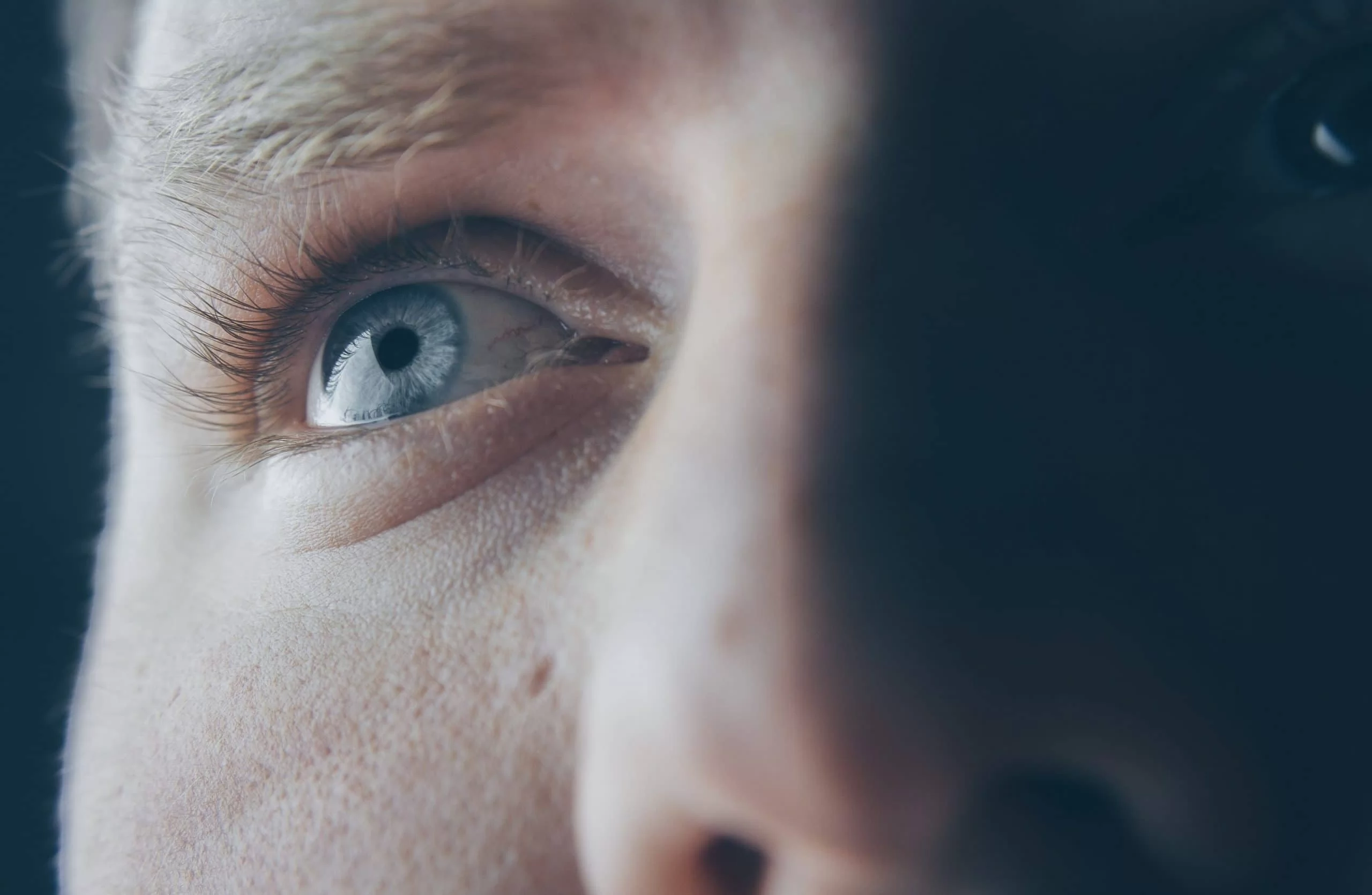
As we age, our eyes undergo changes that can affect our vision and overall eye health. These changes can happen gradually, but it’s essential to recognize them early and take the necessary steps to maintain good eye health. In this blog post, we’ll discuss the top 10 signs of aging eyes and provide tips on identifying and treating them.
Signs of aging eyes
Some signs of aging eyes are just age. However, the chance of developing specific medical conditions increases as we age.
#1 Presbyopia
Presbyopia is a common age-related vision problem that affects people over 40. It causes difficulty focusing on close-up objects, such as reading or using a smartphone. This condition is caused by a loss of elasticity in the eye’s lens. It can be corrected with reading glasses or bifocals.
#2 Dry eyes
Our tear glands produce fewer tears as we age, resulting in dry eyes. Symptoms include a scratchy or burning sensation, redness, and blurred vision. Treatment options include using artificial tears, changing your environment (such as avoiding dry, windy conditions), and increasing your water intake.
#3 Cataracts
Cataracts occur when the eye’s lens becomes cloudy, leading to blurry vision, difficulty seeing at night, and sensitivity to light. Treatment options include surgery to remove and replace the clouded lens with an artificial one.
#4 Floaters
Floaters are specks or spots that appear in your field of vision, which can be particularly noticeable when looking at a bright background. They’re caused by the eye’s natural aging process, which causes small pieces of the eye’s gel-like substance to clump together. Although they’re usually harmless, if you notice an increase in floaters or flashing lights, you should see your eye doctor immediately.
#5 Glaucoma
Glaucoma is when the optic nerve becomes damaged, leading to a gradual loss of peripheral vision. This condition is often caused by increased pressure in the eye and can be treated with medication or surgery.
#6 Macular degeneration
Macular degeneration is a condition where the macula, the central part of the retina, deteriorates, leading to a loss of central vision. It’s more common in people over 60; treatment options include medication, laser therapy, or surgery.
#7 Decreased color perception
As we age, our color vision may deteriorate, leading to difficulty distinguishing between shades of similar colors. This condition is usually harmless, but if you notice a sudden change in color perception, you should see your eye doctor.
#8 Decreased contrast sensitivity
As we age, our ability to distinguish between subtle differences in shades of gray may decrease, leading to difficulty seeing in low-light conditions. This condition is treated with specialized lenses or lighting.
#9 Reduced pupil size
As we age, the muscles that control our pupil size weaken, leading to smaller pupil sizes. This can lead to difficulty seeing in low light conditions and may also cause sensitivity to bright lights.
#10 Eyelid drooping
Eyelid drooping is a common sign of aging caused by a weakening of the muscles that control the eyelids. This can lead to difficulty seeing and can also cause eye fatigue. Treatment options include surgery to tighten the muscles around the eyelids.
The importance of recognizing the signs of aging eyes
As we age, our eyes undergo changes that can affect our vision and overall eye health. By understanding the top 10 signs of aging eyes and taking the necessary steps to identify and treat them, you can maintain good eye health and preserve.
Related Content
- Does Medicare Cover Eye Exams or Eyeglasses?
- Medicare Coverage for Dental, Vision, and Hearing
- Medicare Coverage for Age-Related Macular Degeneration
- Why Medicare Advantage Plans are Good
- How Medicare All-In-One Plans Work